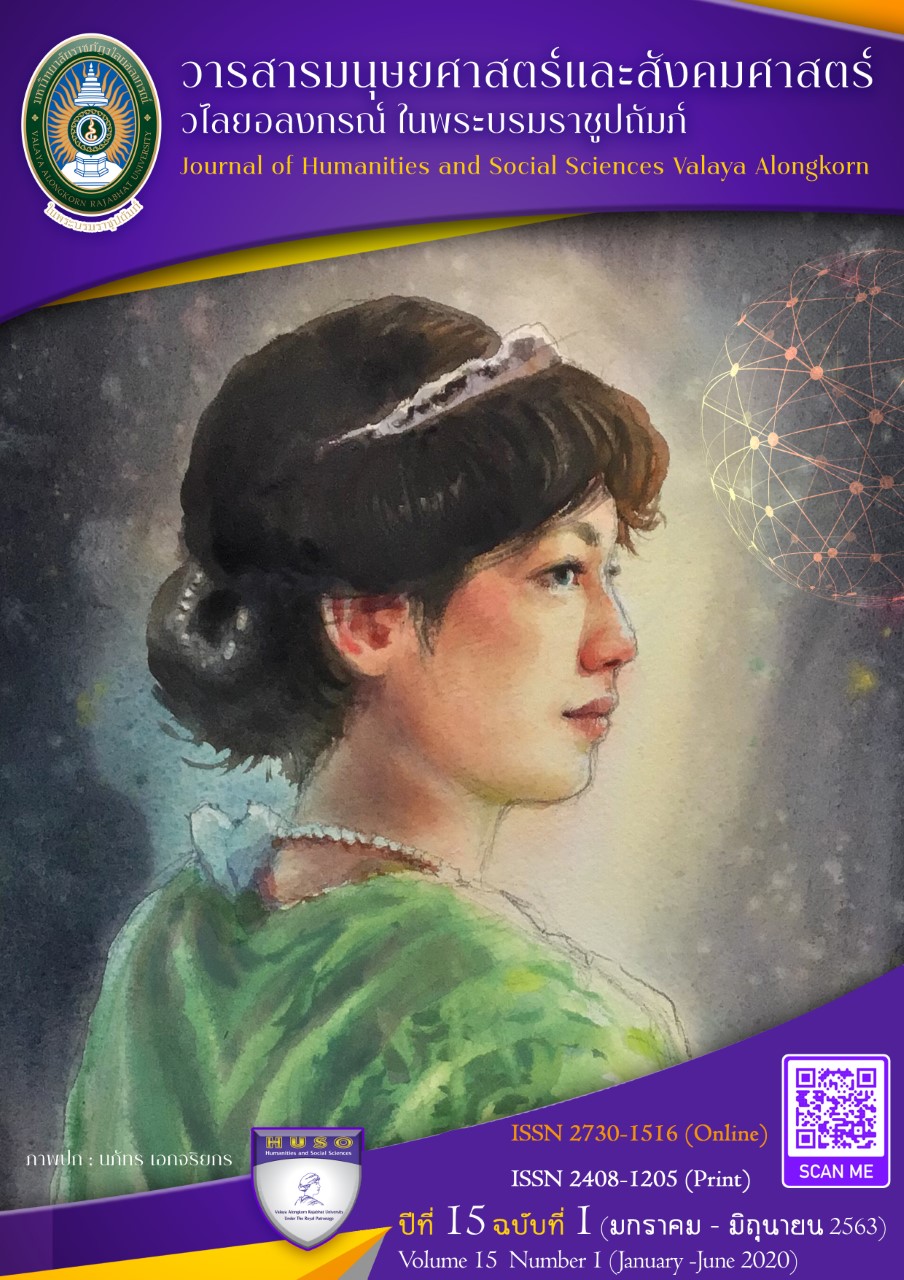Cognitive Behavior Family Therapy: Review Article
Main Article Content
Abstract
The family is the smallest primary unit in human social systems. Humans live each day in the family from birth until the end of human life but we didn’t know or understand the family well enough. Some people may have a happy family life. Family members have love and understanding for each Other people may live in the family excruciatingly. There are numerous conflicts in the family. “What is the cause of such differences?”. Under family relationships, is there a complex mechanism? Or is it just a conflict within a person's mind. Nowadays, Family psychotherapy and family counseling are one of the main components of mental health work. Family psychotherapy and family counseling can be work under many theories. Cognitive Behavior Family Therapy (CBFT) is empirical evidence-base practice that be highly effective and accepted. This is aimed to present knowledge about cognitive behavior theoretical framework and structure of the treatment process. The author expected that this article will be part of driving psychologists to working under cognitive Behavior Family Therapy more accurately and helping readers to recognize and realize family values
Article Details
ลิขสิทธิ์บทความวิจัยที่ได้รับการตีพิมพ์เผยแพร่ในวารสารมนุษยศาสตร์และสังคมศาสตร์ วไลยอลงกรณ์ ในพระบรมราชูปถัมภ์ ถือเป็นกรรมสิทธิ์ของคณะมนุษยศาสตร์และสังคมศาสตร์ มหาวิทยาลัยราชภัฏวไลยอลงกรณ์ ในพระบรมราชูปถัมภ์ ห้ามนำข้อความทั้งหมดหรือบางส่วนไปพิมพ์ซ้ำ เว้นแต่จะได้รับอนุญาตจากมหาวิทยาลัยเป็นลายลักษณ์อักษร
ความรับผิดชอบ เนื้อหาต้นฉบับที่ปรากฏในวารสารมนุษยศาสตร์และสังคมศาสตร์ วไลยอลงกรณ์ ในพระบรมราชูปถัมภ์ เป็นความรับผิดชอบของผู้นิพนธ์บทความหรือผู้เขียนเอง ทั้งนี้ไม่รวมความผิดพลาดอันเกิดจากเทคนิคการพิมพ์
References
Misconceptions. ContempFamTher [Internet]. [cited 2020 Apr14];23:3–18.
Available from: https://doi.org/10.1023/A:1007807214545
Beck A.T., Rush A.J., Shaw B.F. & Emery, G. (1979) Cognitive Therapy of Depression.
New York: Guilford Press
Beck, J. S. (1995). Cognitive therapy: Basics and beyond. Guilford Press.
Epstein, N., & Schlesinger, S. E. (1991). Marital and family problems. In W. Dryden & R.
Rentoul (Eds.), Adult clinical problems: A cognitive-behavioral approach (pp.
288–317). London: Routledge
Epstein, N., & Schlesinger, S. E. (1996). Treatment of family problems. In M. Reinecke,
F. M. Dattilio, & Freeman (Eds.), Cognitive therapy with children and
adolescents: A casebook for clinical practice (pp. 229–326). New York: Guilford
Press.
Friedberg RD. (2006) A Cognitive-Behavioral Approach to Family Therapy.
ContempFamTher [Internet].2006 [cited 2020 Apr14];36:159-165. Available
from: https://doi.org/10.1007/s10879-006-9020-2
Gladding ST. (2019). Family therapy: History, theory, and practice (7th ed.). New York:
Pearson
Goldenberg I, Stanton M. Goldenberg H. (2017). Family therapy: An overview (9th ed.).
Belmont: Cengage learning
Lan J, Sher T. (2018). Cognitive-Behavioral Family Therapy. ContempFamTher
[Internet]. [cited 2020 Apr14]; Available from: https://doi.org/10.1007/978-3-
319-15877-8_40-1
Patterson T. (2014). A Cognitive Behavioral Systems Approach to Family Therapy.
J FamPsychother [Internet]. [cited 2020 Apr14];25:2: 132-144. Available
from: https://doi.org/10.1080/08975353.2014.910023


